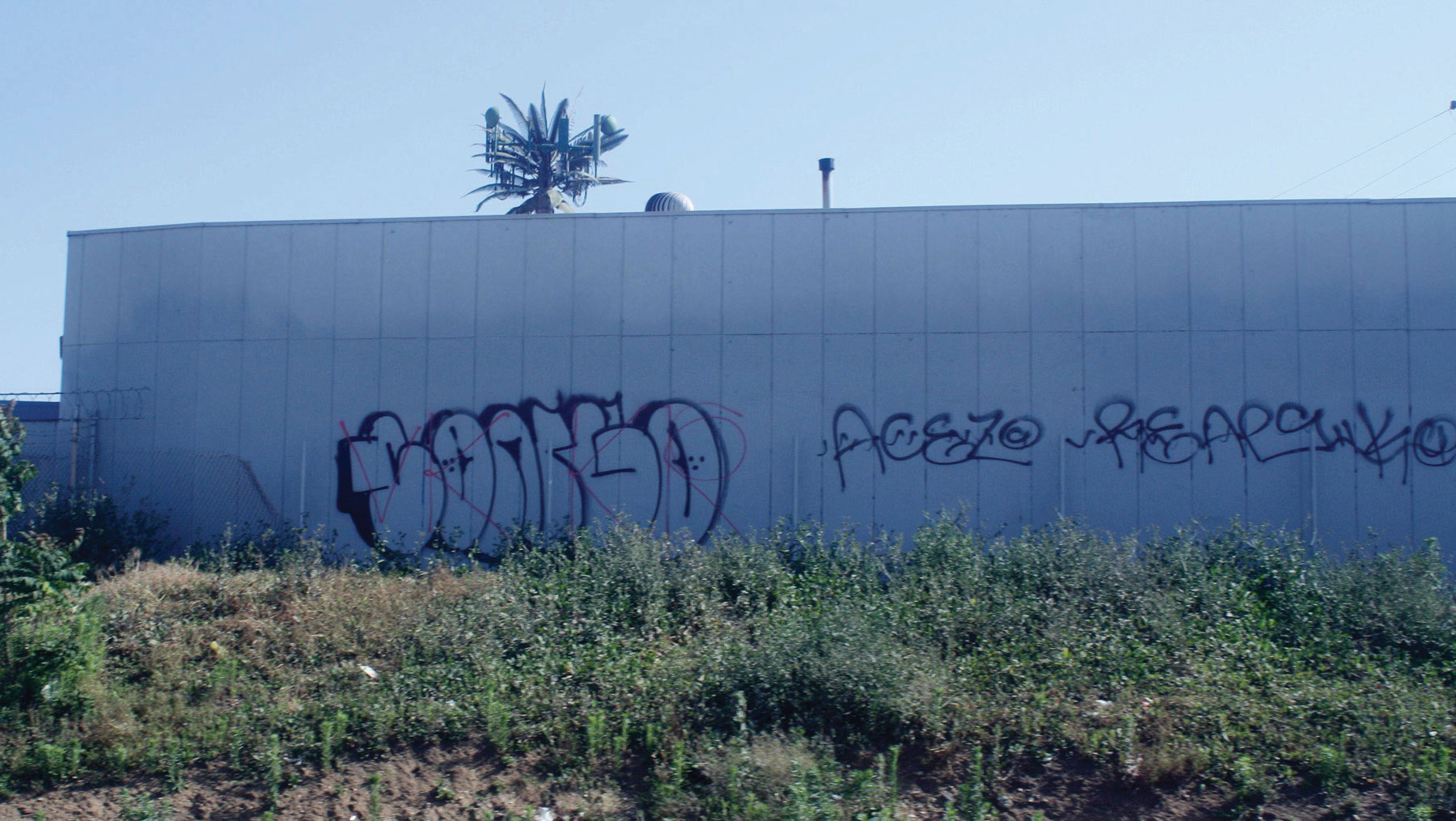This is “Crimes against the Public”, chapter 12 from the book Introduction to Criminal Law (v. 1.0). For details on it (including licensing), click here.
For more information on the source of this book, or why it is available for free, please see the project's home page. You can browse or download additional books there. To download a .zip file containing this book to use offline, simply click here.
Chapter 12 Crimes against the Public

Source: Image courtesy of Tara Storm.
The state has not only a right to “maintain a decent society” but an obligation to do so. In the public nuisance context, the community’s right to security and protection must be reconciled with the individual’s right to expressive and associative freedom. Reconciliation begins with the acknowledgment that the interests of the community are not invariably less important than the freedom of individuals.
People v. Acuna, cited in Section 12 "Civil Responses to Gang Activity"




